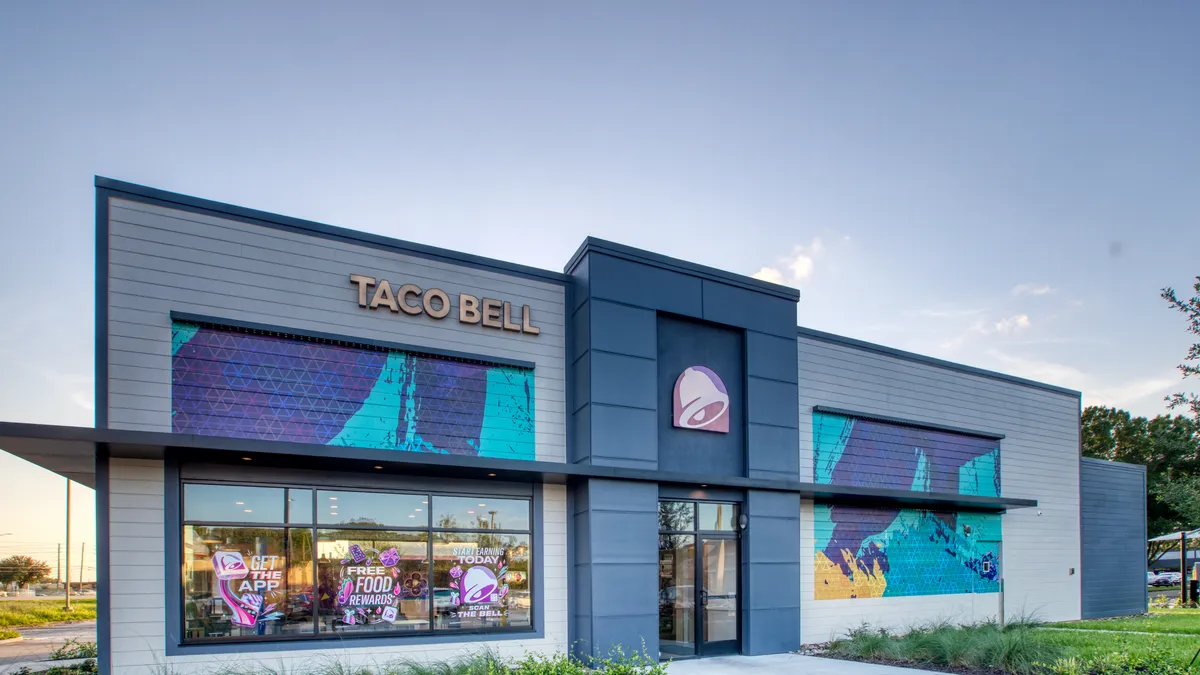Dive Brief:
- Yum Brands has developed a suite of proprietary software-as-a-service tools called Byte by Yum, according to a Thursday press release.
- Byte was developed through the acquisition and development of new technologies in recent years, including artificial intelligence, according to the announcement. Yum didn’t immediately respond to a request to clarify the role AI plays within the tech suite.
- Yum said the platform consolidates these technologies into a cohesive, easy-to-manage platform and could lead to a better employee and guest experience.
Dive Insight:
On the brand’s Q4 earnings call, Yum CEO David Gibbs said a single, distinct tech platform offers advantages to operators.
“You might have dozens of different tech vendors that you're trying to coordinate with to get to your restaurant to work every day,” Gibbs said. “By building our own tech stack and making that investment, we're giving our franchisees a much more turnkey solution.”
Byte “required standardization of our processes and consolidation of teams,” as part of an effort to “remove duplicative efforts, establish centers of excellence, and drive greater efficiency and collaboration across the organization,” CFO Chris Turner said in an earnings release.
Roughly 25,000 of Yum’s global restaurants use at least one facet of Byte, according to the press release. All four of Yum’s restaurant brands are already using Byte technologies in the United States, with previous tech initiatives like the Dragontail order management system included under the Byte umbrella.
Taco Bell U.S., for example, uses Byte’s online ordering, point of sale and back of house technologies, while Pizza Hut U.S. uses the tech platform’s kitchen system to improve delivery times, reduce in-restaurant wait times and keep consumers apprised of their order status and location.
Joe Park, Yum’s chief digital and technology officer, will serve as president of Byte while retaining his existing duties. Park said Yum’s size makes a proprietary technology platform a rational investment.
“Yum!’s scale allows us to make massive strides in growing our proprietary digital and AI-driven platform in partnership with franchisees,” Park said.
Yum’s investment in technology has also driven up the company’s digital sales, Turner said.
“Digital sales up approximately 15% and digital mix surpassing 50%, reflecting steady progress towards our ambition to reach 100% digital sales,” Turner said in an earnings release.
While the announcement describes Byte as “AI-driven,” Yum did not immediately respond to a request to clarify what technology this specifically refers to — artificial intelligence can refer to everything from sophisticated machine learning algorithms to large language model chatbots prone producing text that bears no relationship to factual reality.















